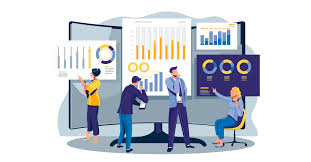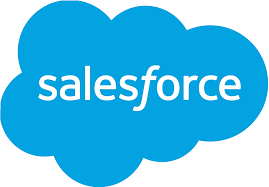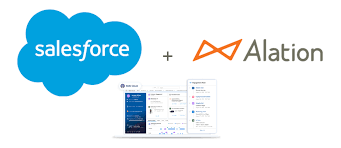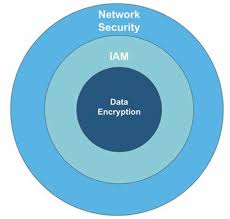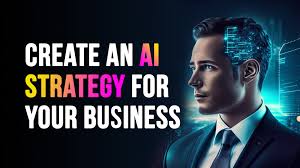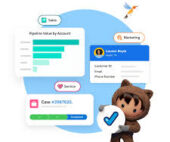Salesforce Agents are Transforming Internal Workflows
How Salesforce Agents are Transforming Internal Workflows Salesforce CIO and Executive Vice President Juan Perez, with three decades of IT leadership experience, is leading the charge in deploying generative AI solutions like Agentforce within Salesforce. Perez’s approach reflects lessons learned during his tenure at UPS, where he oversaw IT operations for a global enterprise. His strategies emphasize scalability, data strategy, and modernization to support growth, with AI now playing a pivotal role. UPS Lessons Applied to Salesforce Perez draws on his UPS experience in managing IT at scale to navigate Salesforce’s needs as a growing enterprise. At UPS, he managed a complex, global IT organization supporting diverse operations, from running an airline to ensuring timely package delivery. Similarly, Salesforce’s IT strategy prioritizes scalable solutions, robust data strategies, and AI integration. “Salesforce intelligently realized the importance of leveraging its own technologies, including AI, to modernize and support growth,” Perez explains. Generative AI’s Transformative Potential Perez views generative AI (GenAI) as a transformative force on par with the internet’s emergence in the 1990s. By reducing the time spent on data analysis and decision-making, AI enables teams to focus on actions that improve productivity and customer service. While GenAI isn’t a solution in itself, Perez sees it as an enabler that amplifies human efforts. Evaluating and Integrating AI in Salesforce’s Stack Salesforce adopts a rigorous, multi-step approach to evaluate new technologies, including large language models (LLMs) and generative AI tools. Perez outlines a “filtering mechanism” for implementation: This structured approach ensures AI investments are both impactful and sustainable. Measuring AI’s ROI To quantify the impact of AI, Salesforce evaluates metrics like lines of code generated using AI tools and time saved through automation. In one example, approximately 26% of production-ready code in a recent deployment was AI-generated. This efficiency is factored into planning and budgeting, allowing resources to be reallocated to other initiatives. Mitigating “Shadow AI” Risks Perez warns against “shadow AI,” where decentralized or unmanaged AI implementations can lead to security, data privacy, and investment inefficiencies. He stresses the need for visibility and governance to prevent these risks. To address this, Salesforce has established an AI Council that is evolving into an Agentforce Center of Excellence. This body ensures responsible development, aligns projects with organizational goals, and maintains oversight of AI implementations across the enterprise. Responsible and Scalable AI Adoption Salesforce’s commitment to using its own products extends to Agentforce, a generative AI suite designed to streamline internal workflows. With a focus on governance, scalability, and measurable impact, Salesforce sets a benchmark for AI adoption. As Perez explains, “We ensure our AI solutions are safe, effective, and capable of driving significant value while remaining aligned with our strategic goals.” By combining rigorous evaluation, measurable outcomes, and proactive governance, Salesforce demonstrates how AI can transform workflows while mitigating risks. Like Related Posts Salesforce OEM AppExchange Expanding its reach beyond CRM, Salesforce.com has launched a new service called AppExchange OEM Edition, aimed at non-CRM service providers. Read more The Salesforce Story In Marc Benioff’s own words How did salesforce.com grow from a start up in a rented apartment into the world’s Read more Salesforce Jigsaw Salesforce.com, a prominent figure in cloud computing, has finalized a deal to acquire Jigsaw, a wiki-style business contact database, for Read more Service Cloud with AI-Driven Intelligence Salesforce Enhances Service Cloud with AI-Driven Intelligence Engine Data science and analytics are rapidly becoming standard features in enterprise applications, Read more



